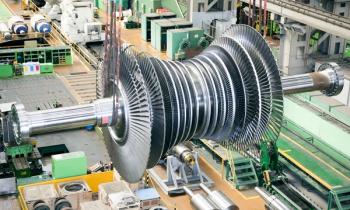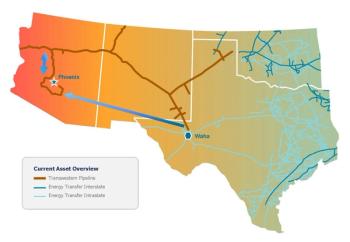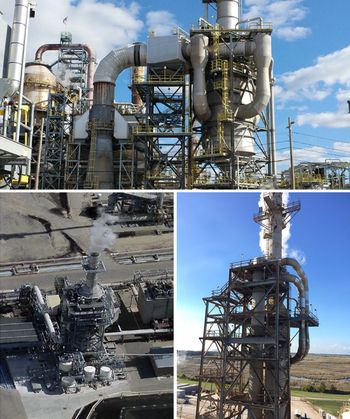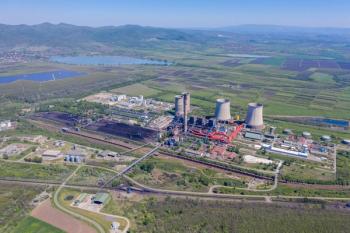
Pacific Northwest Moves into Phase 1 Award Status for Clean Hydrogen Hub
The Pacific Northwest Hydrogen Association (PNWH2) will have eight nodes across Washington, Oregon, and Montana, leveraging technology and renewable energy to decarbonize the industry.
PNWH2 became one of the first U.S. Regional Clean Hydrogen Hubs to reach Phase 1 designation with the U.S. Department of Energy’s (DOE) recent award status. PNWH2 will receive up to $27.5 million of a potential $1 billion in future federal funding. Phase 1 includes initial planning, permitting, and analysis work to ensure the Hub concept’s technological and financial viability.
The PNWH2 Hub will contain eight nodes across Washington, Oregon, and Montana, relying on technology and readily available renewable energy to decarbonize hard-to-abate industries: public transit, agricultural products, medium- to heavy-duty transport, and electric power.
“Today marks an important step for the PNWH2 and is the culmination of many months of discussions, planning, and negotiations across our partners, stakeholders, and community members,” said Chris Green, President of PNWH2. “We are excited to embark on Phase 1 and lead the way in building a new clean-energy commodity in the United States that will benefit generations of families throughout the region.”
Washington State University’s Consortium for Hydrogen and Renewably Generated E-Fuels will oversee the Community Benefits Plan for the PNWH2 Hub, while project management is led by AtkinsRéalis US Nuclear.
At
“Hydrogen hubs should start many of these in motion, but the Gulf region in the United States has the most hydrogen pipelines installed,” said Schrecengost. “Repurposing natural gas pipelines is being discussed in various locations but going to 100% hydrogen will still be a hurdle. A typical F-class gas turbine needs roughly 20K kg per hour of hydrogen. Pipelines or massive production and storage on-site will be necessary.”
On June 12, 2024, the DOE's Office of Clean Energy Demonstrations (OCED) finalized its agreement for the
At the panel, the DOE gave an overview of its Clean Energy and Strategy, Regional Clean Hydrogen Hubs Program, carbon capture and storage cycles, and pending funding announcements. The DOE’s goal is to: “build regional clean H2Hubs across the country to create networks of clean hydrogen producers, consumers, and local connective infrastructure to accelerate use of clean hydrogen.”
The Hub awards are still in negotiation between the entities and the DOE, but in October 2023, the DOE announced seven projects selected for award negotiations: Pacific Northwest, California, Heartland, Gulf Coast, Midwest, Appalachian, and Mid-Atlantic.
Chris Green, who leads the Pacific Northwest Hydrogen Hub, presented in Spokane, WA at the Renewable Hydrogen Alliance Hydrogen event. There, he shared eight potential project locations and said that engagement with local communities, Tribal leaders, and other stakeholders has begun.
Newsletter
Power your knowledge with the latest in turbine technology, engineering advances, and energy solutions—subscribe to Turbomachinery International today.




